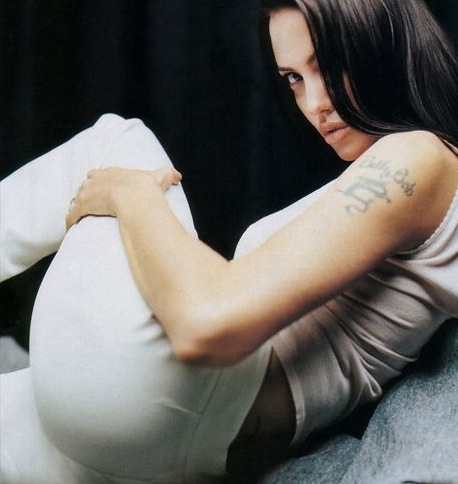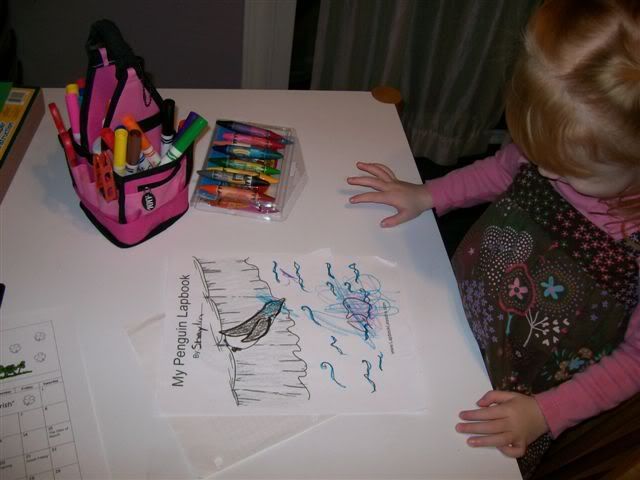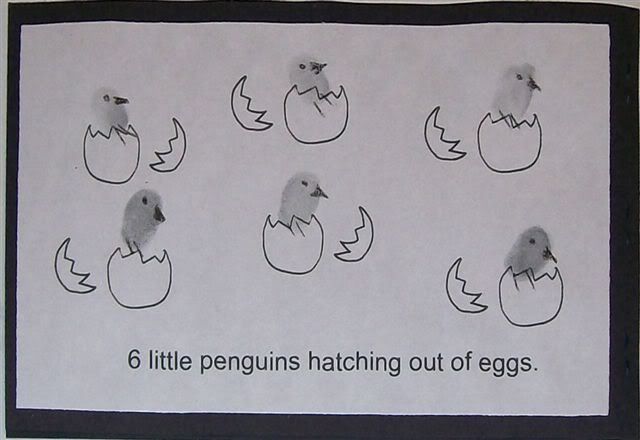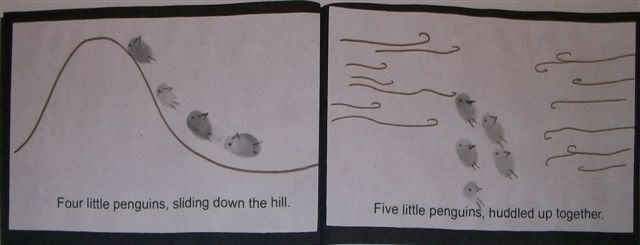Today, February 13th, 2008, the Prime Minister of Australia, Kevin Rudd, in his very first order of business as PM, issued a national apology for the country's past policy of taking Aboriginal children from their families.
For those of you wondering, wait, did I just read that right? Did he say that the country used to take away the native children from their families? Yeah, I did. It's one of the great shames of the country, akin in its way to the United States' attempts to exterminate its own Native Americans. Consequently, this moment of a national apology is an extremely important one in the history of this country, and so below I've given a bunch of different links and information on the "Stolen Generations", as those who were taken from their families were called.
If, like me, you're less a reader than a watcher, I want to really recommend
this great 5 minute slide show with narration that the Sydney Morning Herald has done on exactly the issues I'm going to present below. It's really excellent.
If you like music, you might listen to
"Sorry Song" by Australian Kerry Fletcher or watch
"Took the Children Away" by Archie Roach, who was himself stolen from his family. It's really wrenching.
And above all I want to recommend watching
Rudd's speech, too. I found it really quite powerful, and I think you will, too. Or you can read it
here.
In a word, I'm very proud to have been here today and witnessed this.
The Lost GenerationsFrom the very beginning of the history of settlement in Australia in 1788, it appears, much as in the United States, that European settlers viewed Aboriginal society as by and large uncivilized and unclean. And for this reason, as well as others -- including the desire on the part of some to wipe out Aboriginal culture and society -- at times Aboriginal children were taken from their families to be raised and educated/trained elsewhere. In the 19th century, this practice moved toward policy: between 1885 and 1969 somewhere between 45000 and 55000 children in the six states and two territories of Australia were taken from their families by government officials; in the peak years of the 1920s and the 1950s, approximately 1 in 3 Aboriginal children were removed from their homes. (By the way, I put this little report together from a bunch of sources online.
Here's my main source. It's very user-friendly.)
In some cases, (such as is portrayed in the recent film Rabbit-Proof Fence) children were forcibly seized from their parents; such children and their parents tell of being literally ripped from one another's arms, sometimes never to see one another ever again. In other cases, parents were fooled into signing forms that gave up custody. Many if not most of the children were of mixed descent, having had white fathers but living with their aboriginal mothers. The fact that they had any white blood constituted automatic grounds for taking them away. Other stolen children, however, were Aboriginal on both sides.
Some such children were adopted by white families or put in foster homes. Others were placed in state and religious (including Catholic)-run institutions to be educated so as to assimilate in "mainstream" society. The boys were taught the skills to become tradesmen or farm laborers, the girls to become domestic servants. And though the children were removed supposedly for their own good, in some cases the living conditions of the institutions were themselves wretched; furthermore, much as happened throughout the United States, Aboriginal children were not allowed to learn the customs of their own culture, not allowed to speak their own languages. They were allowed to see their parents sporadically, if at all. (There are cases, in fact, in which children were told that their parents had given them up for adoption,and thus never saw them, only to discover as adults that this had been a complete fabrication.)
If you'd like to hear from some Aboriginals who were taken from their families,
this site has short reflections, poetry and artwork by some of the victims. And
at this site, you can find some excerpts from the "Bringing Them Home" report done on these children, which includes in bold many stories of the children. Here's one excerpt:
When I first met my mother - when I was 14 - she wasn't what they said she was. They made her sound like she was stupid, you know, they made her sound so bad. And when I saw her she was so beautiful. Mum said, `My baby's been crying' and she walked into the room and she stood there and I walked into my - I walked into my mother and we hugged and this hot, hot rush just from the tip of my toes up to my head filled every part of my body - so hot. That was my first feeling of love and it only could come from my mum. I was so happy and that was the last time I got to see her. When my mum passed away I went to her funeral, which is stupid because I'm allowed to go see her at her funeral but I couldn't have that when she requested me. They wouldn't let me have her.
If you'd like to some more extensive stories or interviews with Aboriginal people, you might look
here.
Today, as I said above, these generations are known as the "Stolen Generations", and up until the 1990s the crimes that had been perpetrated against them and their families were not a subject of significant attention by the country at large. Then in 1990 the federal government of Australia, concerned with the high number of Aboriginals committing suicide in prison, did a survey of 100 Aboriginal prisoners. They found that 43 of the 100 had been taken from their families as children. This led to a two year, government study called "Bringing Them Home", which in 1997 found that the country's treatment of the Aboriginals constituted acts of genocide and called for such things as financial reparations for the crimes that had been commmitted, assistance to reunite families and a national apology.
For 10 years, the Liberal government of then-Prime Minister John Howard dismissed this idea of a national apology. In 1996 Howard decried what he called the "'black arm band' view of history", and spoke of a "need to guard against the re-writing of Australian political history", among other reasons so as "to ensure that our history as a nation is not written definitively by those who take the view that Australians should apologise for most of it." In 2000 the party's Aboriginal Affairs Minister, John Herron, declared ""There was never a generation of stolen children." "Bringing Them Home", Herron asserted on behalf of the government, had exaggerated the numbers and ignored the supposedly many situations in which these removals were for the good of the children.
The people of the country itself, however, seemed to feel different. May 26, 1998, one year to the day after "Bringing Them Home" was presented to Parliament, organizations began "Sorry Day", in which people gathered together all over the country to express their sorrow and grief over what had happened and attempt to enable further reconciliation to occur. Sorry Day has occurred every year since then, and hundreds of thousands of Australians have participated in it. On May 28, 2000 alone, over 250,000 walked across the Sydney Harbor Bridge in support of indigenous Australians.
With the ouster of Howard's Liberal party and the election of Kevin Rudd and his Labor party last fall, the possibility of a national apology resurfaced and today, finally, occurs. Still, as Howard's minister's words suggest, this idea of a national apology is not universally embraced in Australia. There are those who feel the practice really was in the best interests of the children, an attempt to remove children from situations of destitute poverty or other disfunction. The Sydney Morning Herald from yesterday offered
an editorial by a former Liberal minister attempting to justify the past practices (and Howard's government), as well as
one praising the apology by a current minister (and also former lead singer of the Australian band Midnight Oil).
As I did some research online about all of this, I found this quote from Australia's former Governor-General Sir William Deane that seemed to capture why many Australians feel this apology is necessary:
True reconciliation between the Australian nation and its Indigenous people is not achievable in the absence of acknowledgement by the nation of the wrongfulness of the past dispossession, oppression and degradation of the Aboriginal peoples. That is not to say that individual Australians who had no part in what was done in the past should feel personal guilt. It is simply to assert that national shame, as well as national pride, can and should exist in relation to past acts and omissions, at least when done or made in the name of the community or with the authority of government. Where there is no room for national pride or national shame about the past, there can be no national soul.
As an American, I can't help but wonder if the United States government will ever be willing to face its own history with Native peoples, as well as its current activity with prisoners of war, with a similar amount of honesty and contrition. Deane's last line certainly is haunting: where there is no room for national shame alongside flag-waving and national pride, can a living, national soul survive?

































































